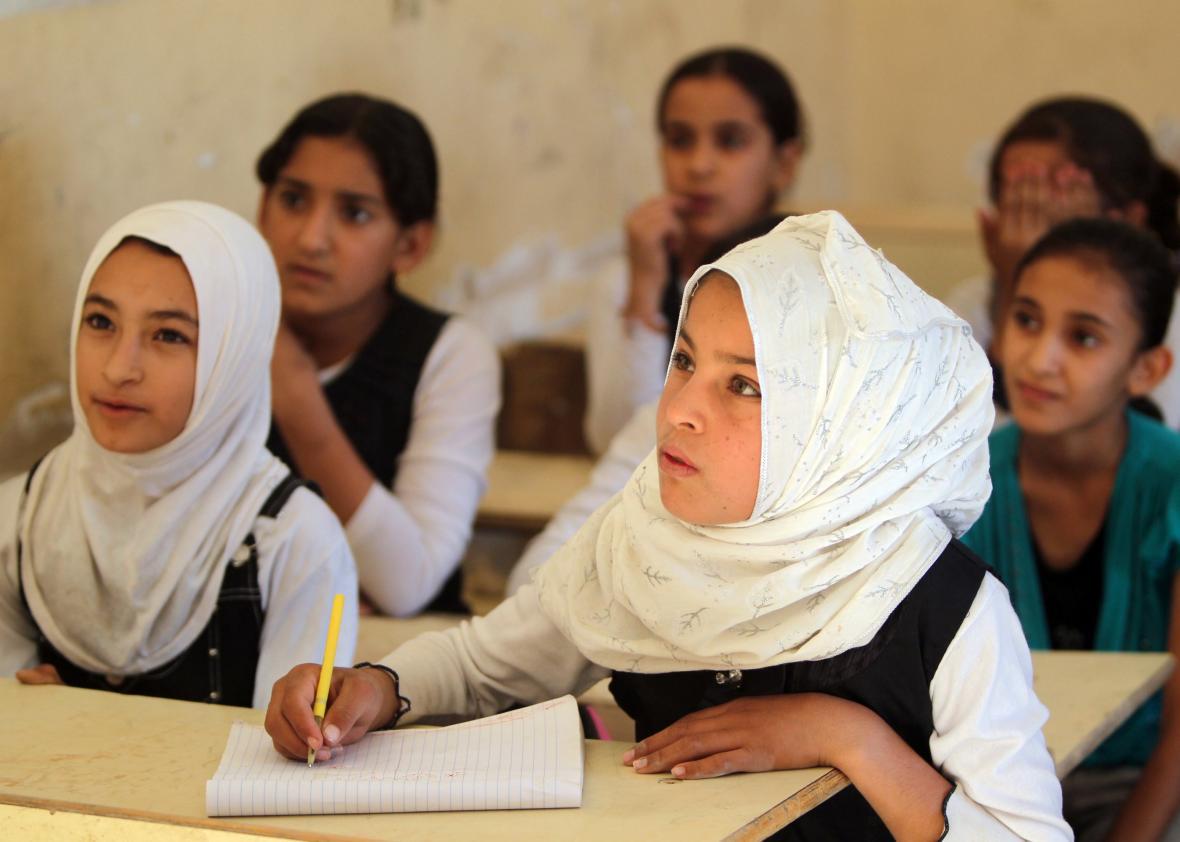In June, officials in Jammu, India, shut down mobile internet in advance of a traditional wrestling tournament. Of course, the half-naked competitors weren’t planning to grapple with their devices in hand, but organizers were fearful of repeating what happened in 2014. That year, riots had broken out because the site of the tournament was staged on what local residents claimed was an old burial ground. The government believed that shutting down the internet would stop people from inciting each other to violence once again. Later that day, the different factions agreed upon a process to determine how to move the tournament to a new site, and officials turned the internet back on.
This bizarre incident highlights the challenge of fighting internet shutdowns. From the brief disruption in Turkey of social media services during the failed coup, to the blocking of WhatsApp earlier this week in Brazil, internet shutdowns are taking more and more complex forms. Frequently, communications services are cut off shortly before gross human rights violations take place. In a separate incident later in June in nearby Kashmir, India, for example, a journalist was unable to get online after officials once again cut off mobile internet in the region. When he came back online he learned eight people had been killed during the blackout. Businesses lose money and emergency services can’t do their jobs. The Software Freedom Law Centre in New Delhi has recorded 30 disruptions in India over the past three years. In 2016 alone, the advocacy group Access Now, where I work, has documented nearly 30 shutdowns worldwide. This week in Ghana an official reiterated his intention to block social media during its election—the most critical moment in a democracy—four months ahead of the vote.
One of the strangest yet also most pernicious forms of internet shutdowns involves school exams. Over the past six months, four countries have shut down the internet because of school exams, purportedly because both students and underpaid teachers looking to supplement their income have leaked exam answers online. Iraq blocked the entire internet to keep sixth-graders from cheating—in a country whose very existence is under threat from ISIS, and where information can mean the difference between life and death.
In Gujarat, India, officials blocked mobile internet during a February accounting exam because of its “sensitive nature,” an action with drastic effects because the majority of people in the region use their mobile devices to go online. Algeria, meanwhile, blocked all websites except Wikipedia in June to prevent cheating on the International Baccalaureate exams, according to the civil society group Social Media Exchange, and Ethiopia soon followed suit by blocking social media this month because of university entrance examinations.
At first glance, these measures sound ridiculous (and I will argue that they are.) But last week I spoke in New York with a man who had traveled from Ethiopia to the United Nations to push for human rights, and he was surprisingly sympathetic to his government’s decision to block social media. The cheaters were violating the rights of those students who followed the rules. He had a point: I remember preparing for exams and I would have been devastated to learn that dishonest people had ruined my chances. Of the 31 suspected leakers of exam results in Algeria, several were teachers. And Social Media Exchange notes that students are desperate to get ahead in a region that faces 25 to 30 percent youth unemployment.
These heavy-handed responses to exam cheating point to new challenges facing educators. Administrators may need to prohibit mobile devices in testing centers, resort to old-school calculators, install secure lockers, or develop new forms of proctoring. But trying to stop cheating by shutting down the internet is not the solution. In Geneva, the U.N. Human Rights Council declared unequivocally recently that intentional disruptions of the internet harm human rights. Companies like Facebook, Google, and Microsoft have also weighed in, speaking through the Global Network Initiative, with a strong statement that was endorsed by telecommunications companies such as AT&T, Vodafone, and Orange. Even the GSMA—one of the world’s largest technology associations—has developed strict standards for what it calls Service Restriction Orders. We at Access Now are working with nearly 90 organizations from 41 countries on the #KeepitOn campaign to push back on internet shutdowns. And it’s important for officials like the U.N. special rapporteur on the right to education, Kishore Singh, to speak out against shutdowns around examinations.
No one likes cheaters or multiple-choice examinations, and everyone has their own high-stakes-testing horror story. (In my case, it was sitting for the bar exam using an old laptop with the Y2K problem that regularly reset my computer clock.) But when it comes to accessing to the internet, the stakes are even higher than those of the entrance exams.
